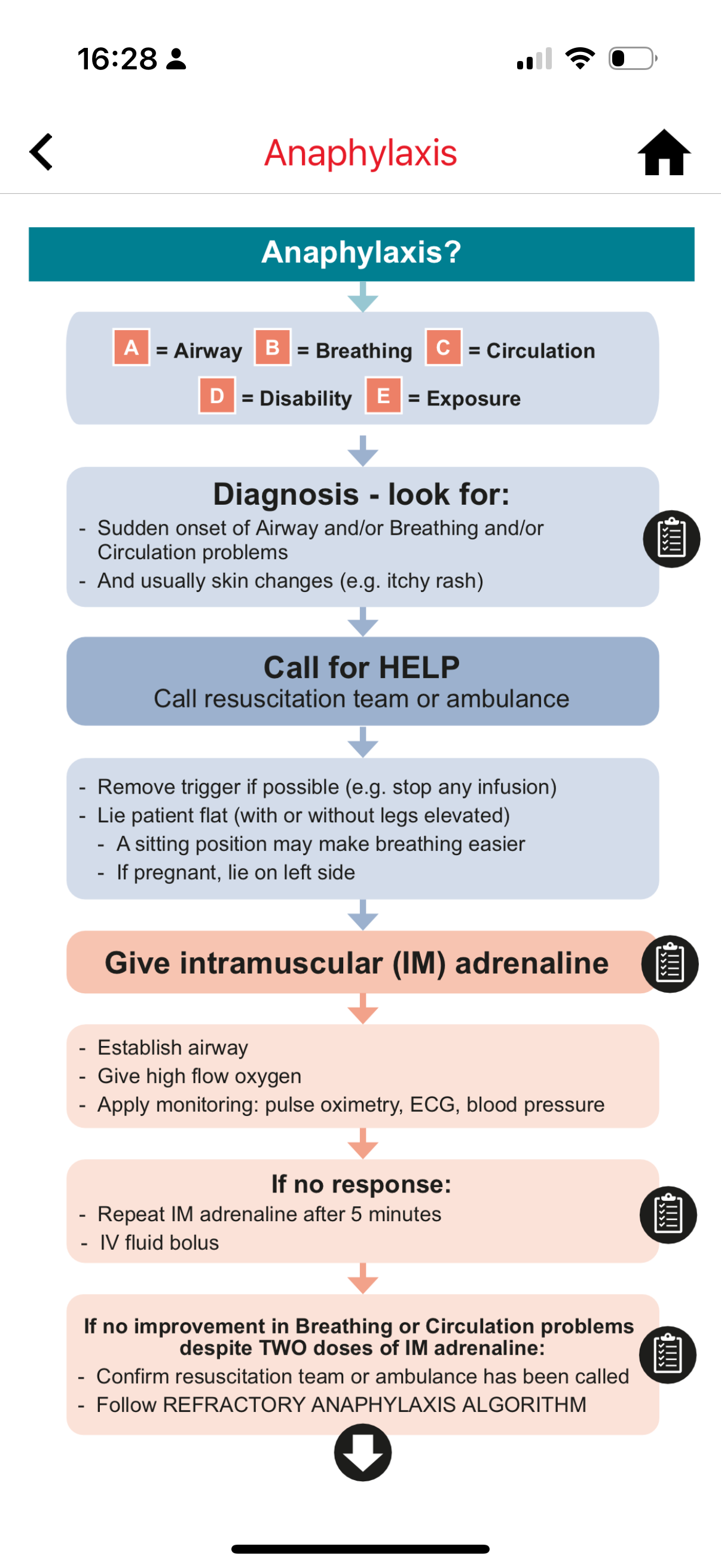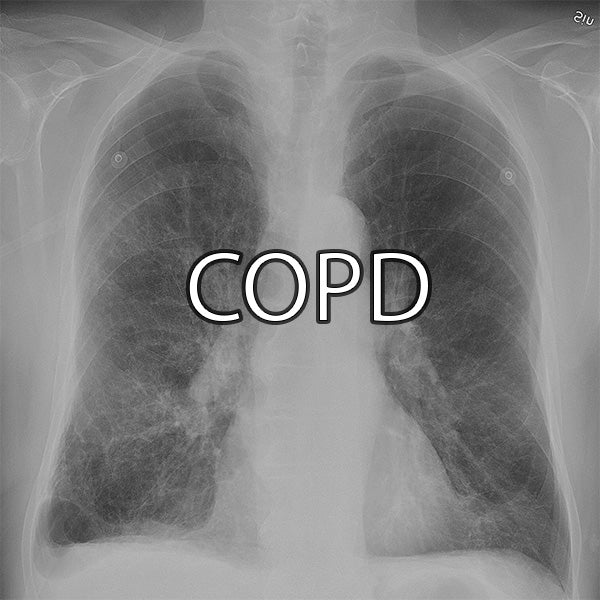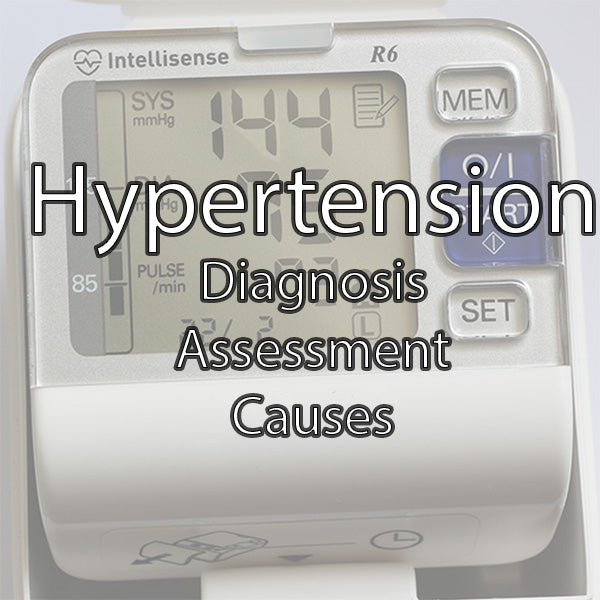9 of the BEST apps for Foundation Year 1 (FY1)

Starting FY1 can be overwhelming. From managing medical emergencies to trying to remember the bleep number for the Surgical SHO, it can feel like information overload.
Fortunately, there are plenty of apps to help you navigate a new hospital and give you a quick reference in an emergency. Our top 9 apps for FY1s include apps offering quick access to national guidelines, local guidelines, extension/bleep directories, prescribing and productivity to keep you well-prepared.
1. AccuRx Switch

When you start a job in a new hospital, it can feel like you're forever on hold to switchboard. You will have a long list of jobs and it will feel really frustrating listening to the switchboard hold music before you commit the most important direct numbers to memory. AccuRx Switch changes all this. It is a crowd-sourced directory of internal bleep numbers within the hospital which can save you valuable time. It works in most hospitals in the UK and even includes a feature where you can call bleep numbers directly from your phone!
2. MDCalc

MDCalc is a useful app that provides access to over 200 clinical decision support tools. We find it most useful in A&E or on the medical take. We use the Wells score and PERC to manage risk in PE and DVT. ORBIT, CHA2DS2-VASc and HASBLED are essential in the initial workup for AF.
3. British National Formulary (BNF)
We can't do a top 10 list of medical apps for FY1 without mentioning the BNF. It makes it easy to access up-to-date BNF guidance on prescribing and administering medicines, even when you are offline.
4. Buku Medicine


A common job in FY1 might be to discuss with a specialist such as the on-call haematologist. This can be intimidating, and frequently can result in a grilling if you don't have the right information to hand. Buku Medicine is a free resource for medical specialty information including haematology, renal, endocrinology, hepatology, rheumatology and immunology. It was initially created as Buku Haematology to answer the questions that Haematologists are most commonly asked. We use this app to get an initial idea of what investigations we might have to have to hand and what questions we might get asked prior to specialty discussion and leads to much more productive discussions!
5. iResus


You might hold the crash bleep or on call bleep early on in FY1. The iResus app is the official app for Resus Council UK and enables the user to access the latest Adult, Paediatric, Newborn resuscitation and anaphylaxis algorithms without the need for an internet connection.
6. Eolas Medical


Eolas Medical is increasingly being used by NHS Trusts for local guidelines and you may encounter it in your induction.
If your Trust isn't using it for clinical guidelines, it still has plenty of useful features. If you use the 'Global Search' function it can find National guidelines for many scenarios. It's useful for up to date, clinically validated and accurate information.
7. TOXBASE

TOXBASE is the clinical toxicology database of the UK National Poisons Information Service and the app is free once you register with your NHS email. It can provide information on poisoning and overdose on almost anything you could think of. Essential for an A&E rotation.
8. Foundation (£2.99)

The 'Foundation' app (Foundation Doctor Handbook) has management for common conditions and initial workups, and is a handy guide for most commonly encountered scenarios in your foundation years. It is a paid app and costs £2.99.
9. Pastest (paid)

Pastest is an online question bank app. You may have already used it for your medical school finals. It's great for keeping your clinical knowledge up to date and revising for membership exams that you may be taking in FY2.









Leave a comment